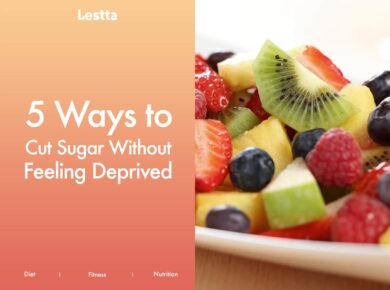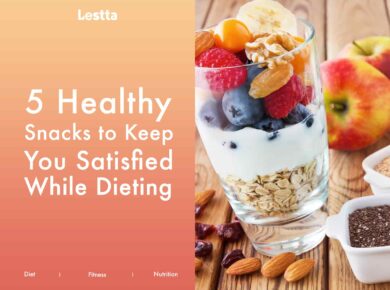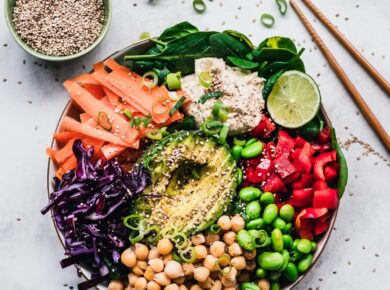
There’s often a debate about whether it’s better to eat them or consume them in liquid form. In this article, we will explore why eating fruits triumphs over drinking them. Also, we will mention why it’s crucial to prioritize whole fruit consumption.
1. Fiber Content
One of the primary reasons why eating fruits is superior to drinking them is the fiber content. Whole fruits contain fiber, both soluble and insoluble, which plays a crucial role in digestive health, regulating blood sugar levels, and promoting satiety.
When fruits are blended or juiced, the fiber is often removed or broken down. This leads to a loss of this essential nutrient. Consuming fruits in their whole form ensures you receive the full spectrum of fiber benefits.
2. Blood Sugar Control
Eating fruits can help regulate blood sugar levels due to their fiber content. The fiber slows down the absorption of sugar into the bloodstream, preventing sudden spikes in blood glucose levels.
On the other hand, fruit juices or smoothies without fiber can cause a rapid release of sugars. This may lead to an abrupt rise in blood sugar levels. For individuals with diabetes or those seeking to manage their blood sugar levels, eating fruits is a more favorable choice.
3. Satiety and Portion Control
Whole fruits provide a higher level of satiety compared to their liquid counterparts. Chewing solid foods triggers a sense of fullness and satisfaction, sending signals to the brain that you’ve consumed an adequate amount of calories.
Drinking fruit juices or smoothies, which are typically consumed quickly, may not provide the same level of satiety, leading to a higher calorie intake overall. Eating fruits allows for better portion control and helps maintain a healthy weight.
4. Nutrient Integrity
The process of juicing or blending fruits can expose them to heat, oxidation, and prolonged contact with air, which can lead to nutrient degradation. Many essential vitamins, minerals, and antioxidants found in fruits are sensitive to these factors and may diminish in the liquid form.
Eating fruits in their whole, unprocessed state ensures the preservation of their nutrient integrity, allowing you to reap the full spectrum of health-promoting compounds.
5. Oral Health Benefits
Chewing fruits stimulates saliva production, which helps neutralize acids and maintains oral health. Additionally, the act of chewing encourages better dental hygiene by naturally cleansing the teeth and gums.
Drinking fruit juices or smoothies bypasses the chewing process, potentially increasing the risk of dental issues, such as tooth decay or cavities. Eating fruits promotes oral health and keeps your smile vibrant.
6. Mindful Eating and Appreciation
Eating fruits provides an opportunity for mindful eating and appreciation of the sensory experience. By engaging our senses, such as sight, smell, and taste, we can fully immerse ourselves in the enjoyment of the fruit.
Chewing and savoring the flavors allows us to be present in the moment and develop a deeper connection with our food. Drinking fruits lacks this sensory experience and may contribute to mindless consumption.
Conclusion
While fruit juices and smoothies can be a convenient option for consuming fruits, prioritizing the consumption of whole fruits offers numerous advantages for optimal health. The fiber content, blood sugar control, satiety, nutrient integrity, oral health benefits, and the opportunity for mindful eating make eating fruits a superior choice.









